
Slowing down and truly listening: Jahna Cedar’s approach to leadership
Posted on 18 Feb 2026
When Nyiyaparli woman Jahna Cedar travels to New York next month as part of the Australian…
Posted on 01 Jul 2025
By Greg Thom, journalist, Institute of Community Directors Australia

Disadvantaged Australians deserve dignity, empathy and respect along with warm winter clothes, says Grace Condon, chair of homelessness relief charity ClothesLine.
I’ve owned my own business since the age of 18.
I worked as a social worker in the disability sector and as a senior social educator in intellectual disability.
I ran my husband’s business after he passed away.
Two men named Steve and Ralf, who volunteered running a food van in 2007, saw the need for clothing for the homeless and started ClothesLine two years later.
Steve and Ralf worked tirelessly to bring clothing and essential items to the homeless they saw on the streets of Sydney.
Steve, particularly, took a great interest in the everyday management of ClothesLine while running his own consultancy business. ClothesLine is a not-for-profit run totally by volunteers.
I joined as a volunteer in 2014, along with my daughter who has an intellectual disability. We looked forward to every Wednesday night as Steve drove into the city and we would set up in Yurong Parkway [in Woolloomooloo] near the evening food van near the homeless.
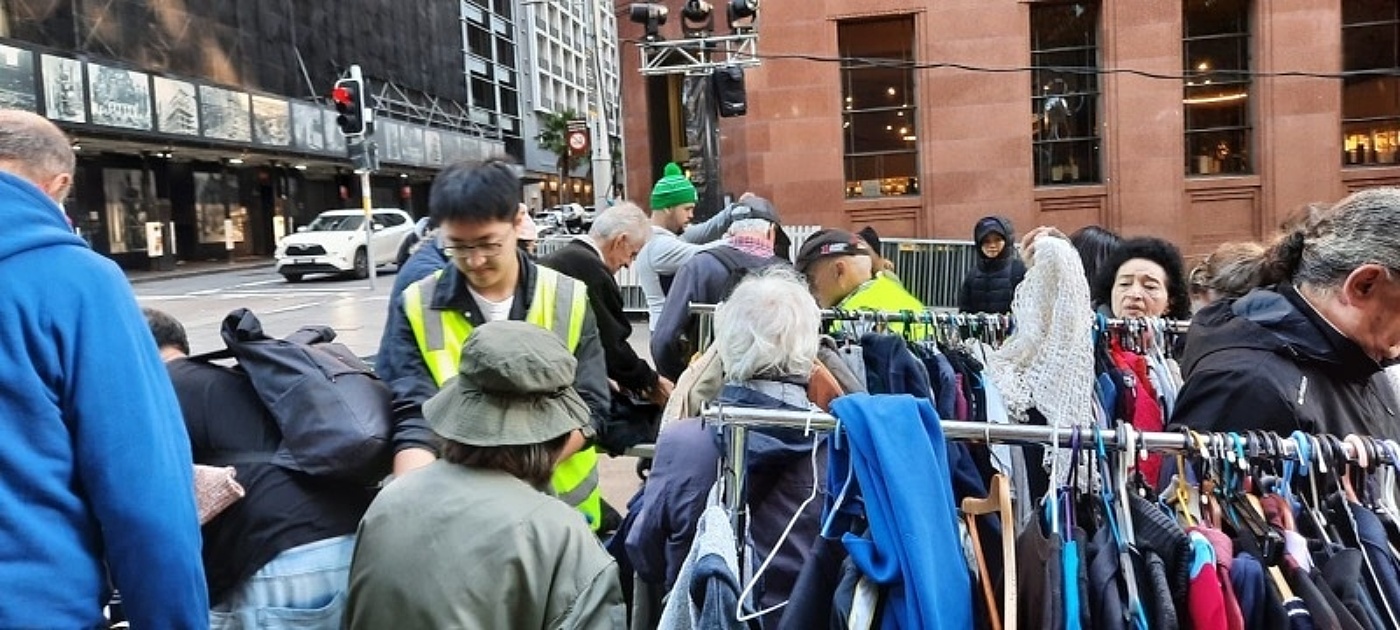
"The most important aspect of what we do however, especially on the streets, is the human touch and care we give to the people we love to serve."
For many years, as Steve and Ralf served meals to the homeless.
They noticed that many were cold in winter or just had no way of buying decent clothing. This affects people's comfort, health, healing, recovery, confidence and self-esteem.
Today, society faces many more challenges with domestic violence, mental health, drug and alcohol addiction, loss of employment, and the housing crisis.
People are constantly battling to just make ends meet.
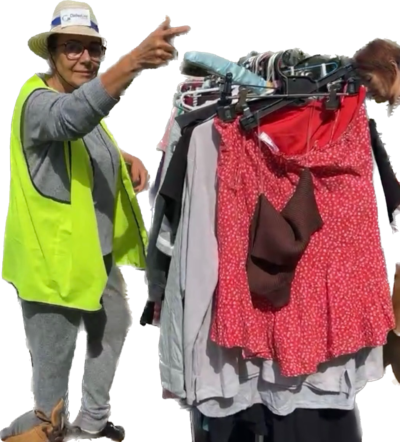
Every day we get more referrals from social workers, Aboriginal community workers, correctional services, the Department of Housing, refugee and asylum services, students or even just a caring person to assist with clothing and essentials for the person on the street around the corner from where they live.
The need has intensified, but it's a balancing act all the time. We get just as many calls for direct assistance as we do for our street work.
You would need to ask the services that keep coming back with more requests for assistance.
Every one of the above services have appreciated the help we have been able to offer to each one of the people they bring to us for assistance and their families.
The most important aspect of what we do, however, especially on the streets, is the human touch and care we give to the people we love to serve.
We are their family, and they are ours. To many we are their first point of call. Many have been on the streets for years. They suffer rejection, isolation, humiliation, sickness and despair.
We are not there to dress them like puppets and enjoy a feel-good moment before we pack up and leave. We stand with them in non-judgemental love and appreciation of the time we share together.
It’s a time of communicating the most fundamental of basic needs. It's a personal time of communicating and sharing. We are not here for popularity ratings or nods of approval. We are here because we care.
The kind of difference that is life changing.
Not just in personal hygiene, in fashion, in clothing, in building self-esteem, in job prospects or in self-respect.
It's in knowing that there are services out there that will stand with them with empathy, concern, understanding and love.

Posted on 18 Feb 2026
When Nyiyaparli woman Jahna Cedar travels to New York next month as part of the Australian…

Posted on 11 Feb 2026
Rev. Salesi Faupula is the Uniting Church’s moderator for the synod of Victoria and Tasmania. Born…
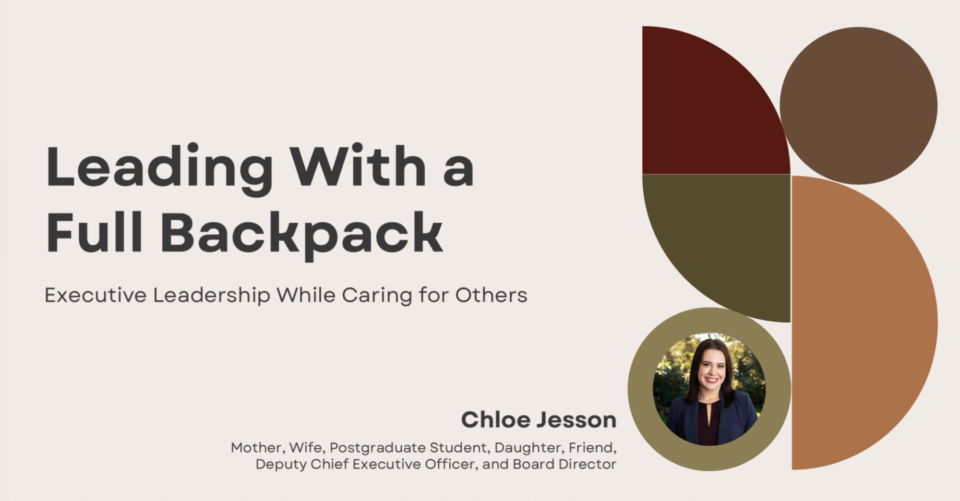
Posted on 04 Feb 2026
At the Third Sector leadership conference in Sydney last year, Queensland health executive Chloe…
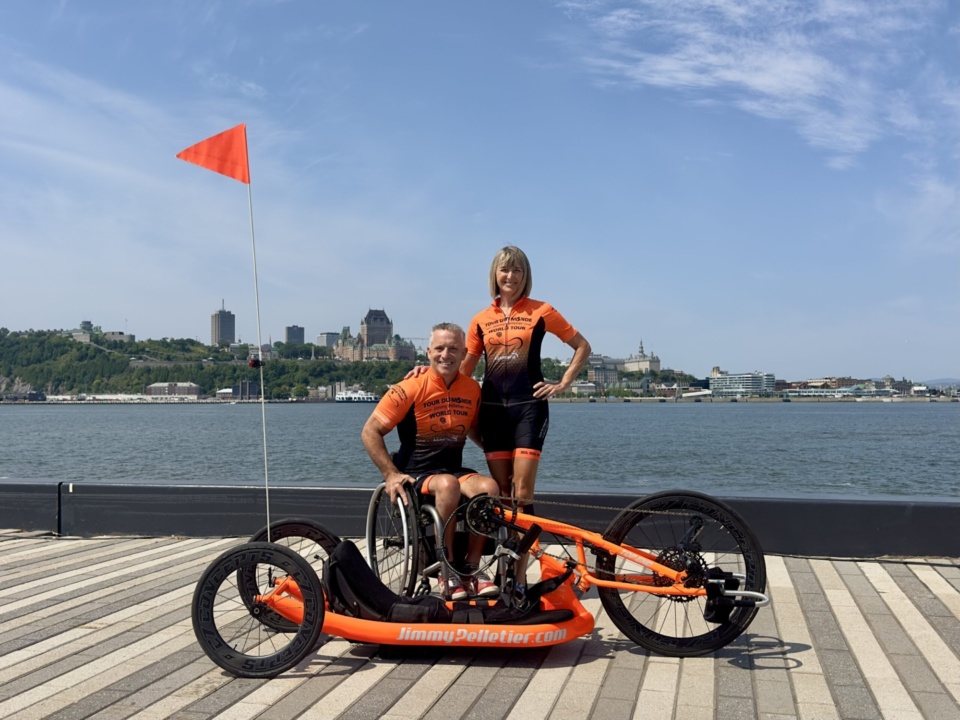
Posted on 28 Jan 2026
French-Canadian Jimmy Pelletier, who lives with paraplegia, is six and a half months into a…

Posted on 16 Dec 2025
Lex Lynch spent more than two decades in the climate change and renewables field before last year…
Posted on 10 Dec 2025
A long-time advocate for rough sleepers in northern New South Wales has been named her state’s…
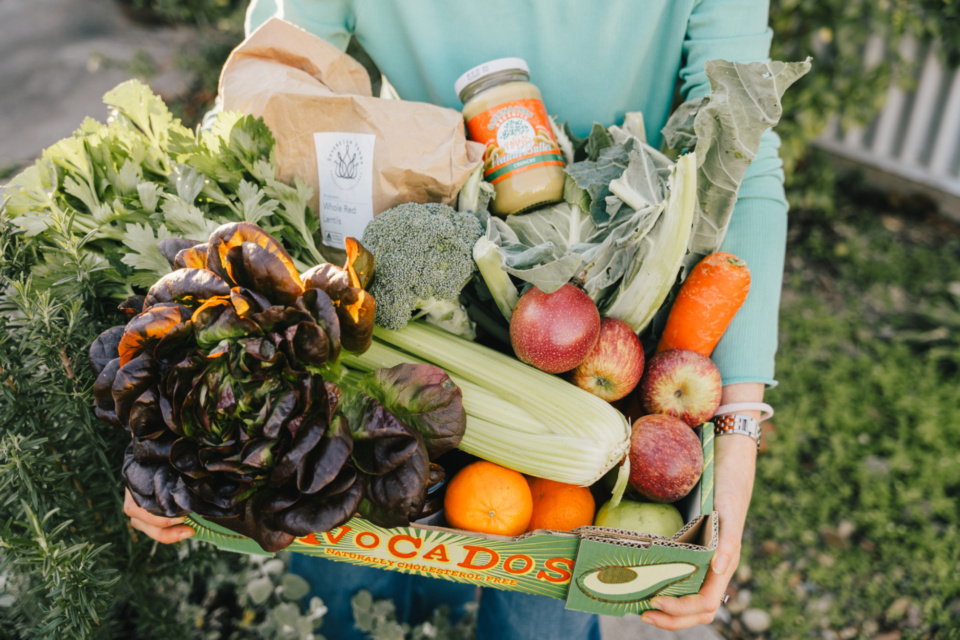
Posted on 03 Dec 2025
Emma-Kate Rose is the co-CEO of Food Connect Foundation, working with communities to support the…

Posted on 26 Nov 2025
Next Wednesday, December 3, All Abilities ambassador Greg Pinson will be celebrating the…
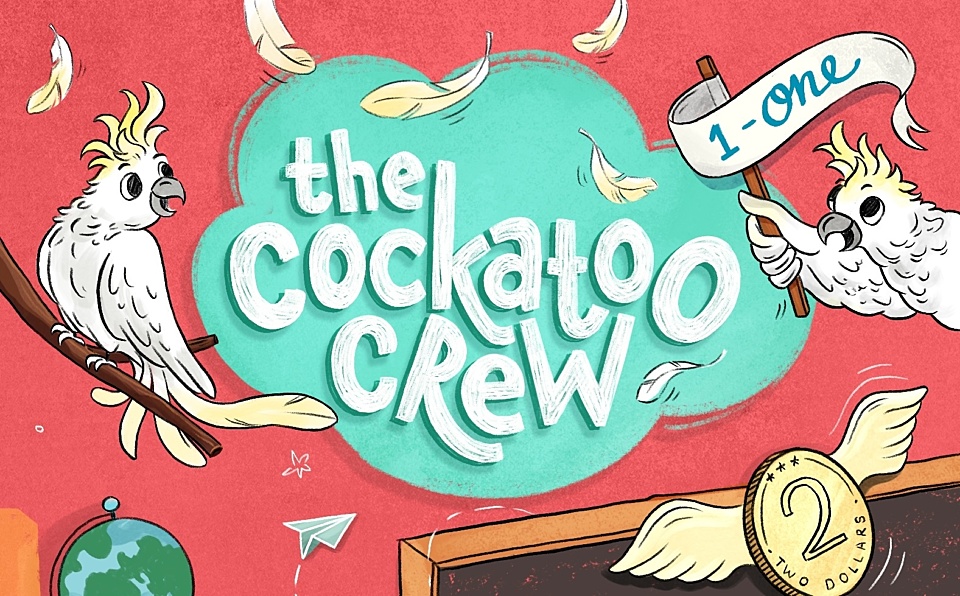
Posted on 19 Nov 2025
Lora Inak is the author of the Cockatoo Crew books, a new children’s fiction series (illustrated by…

Posted on 11 Nov 2025
Project Manta, a long-running scientific study that includes a citizen scientist component, is…
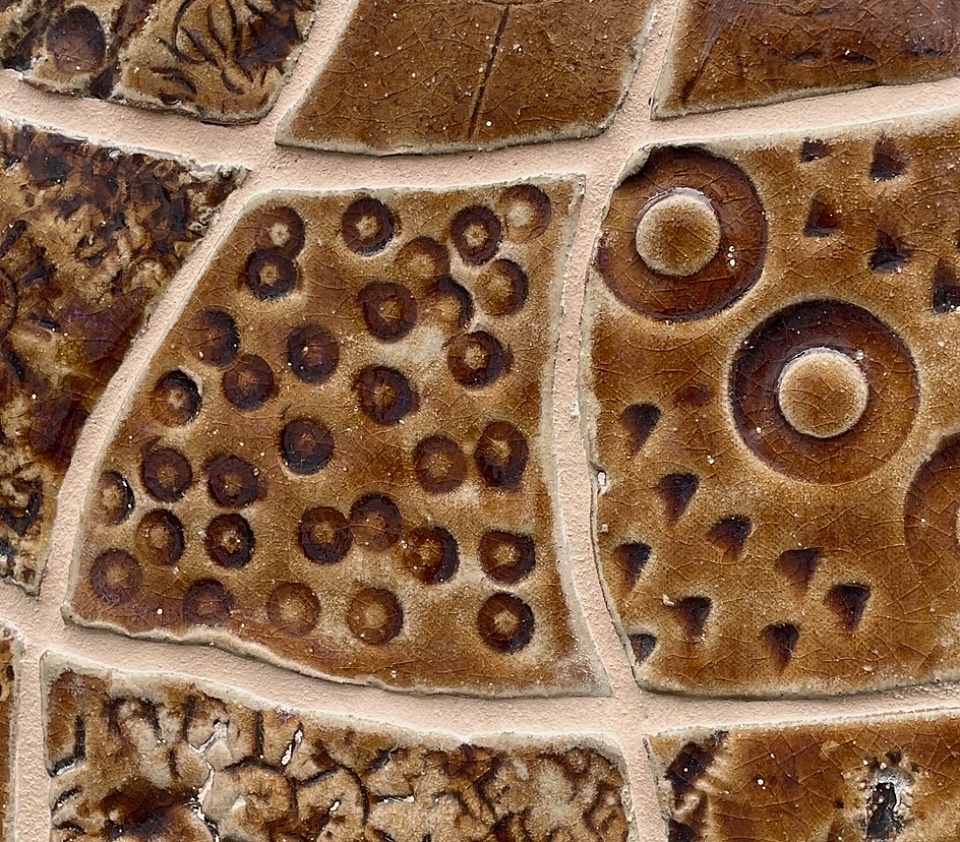
Posted on 04 Nov 2025
Diamando Koutsellis is the CEO of the not-for-profit Australian Ceramics Association, as well as a…

Posted on 28 Oct 2025
Mandy Richards is the founder and CEO of Global Sisters, a charity reinventing employment,…